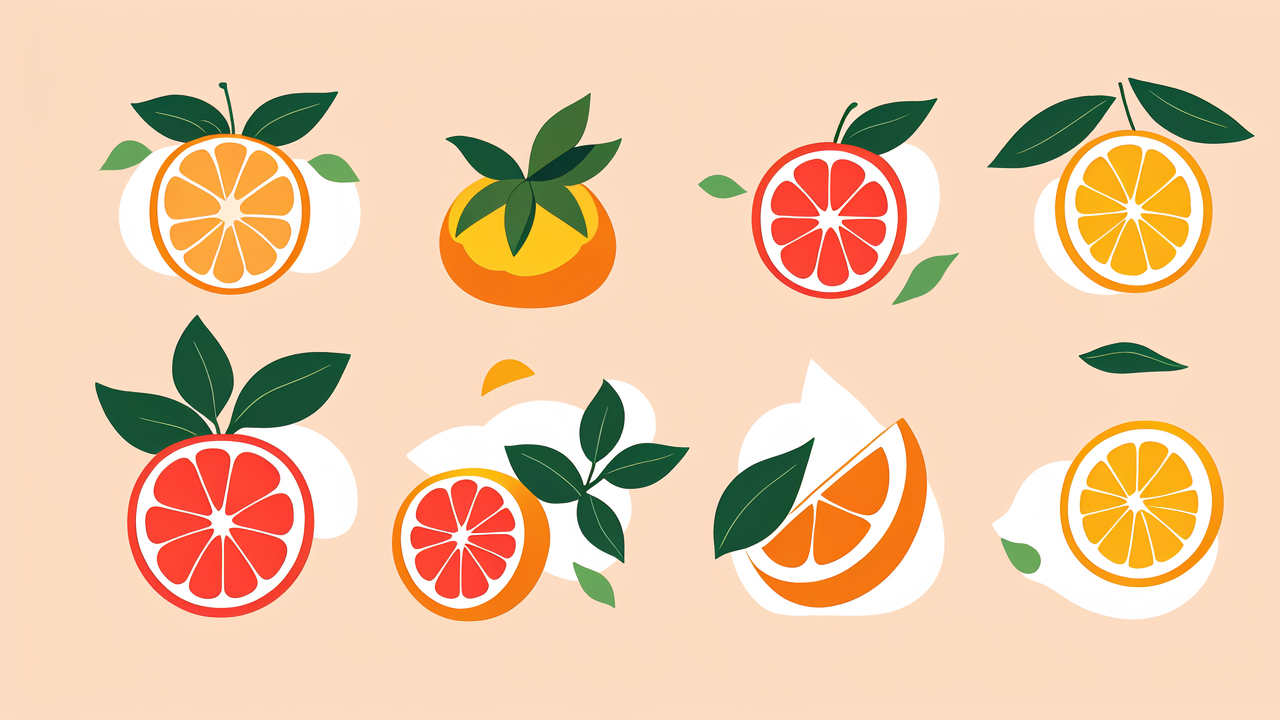Understanding the Role of Sorting in the Citrus Industry
The Basics of Sorting Technology
Sorting technology is key in the citrus industry. It separates fruit by size, shape, and color. This process is vital to meet market standards. Advanced machines use cameras and sensors. They can sort fruit fast and accurately. With good sorting, buyers get quality citrus fruits. Producers can also reduce waste. Good sorting means higher prices for farmers and better fruit for consumers.

Sorting Challenges in Citrus Production
Sorting citrus fruits is a complex task. In Hong Kong's robust citrus market, it's not just about size or shape. Producers face unique sorting challenges. They have to consider factors like skin texture and sugar content. Fruit must also be free from pests and diseases. But, advanced machinery has helped tackle some of these issues. Newer tech can sort fruit faster and more accurately. This helps to meet consumer demands for high-quality citrus. And it improves profits for producers. Yet, despite these advancements, training remains key. Workers must know how to operate the complex equipment. They also need to understand the finer points of citrus grades and standards. Constant quality control is needed to maintain excellence. So, Hong Kong's citrus industry invests in training programs. These programs keep workers skilled in the latest sorting techniques. This ensures the continued growth and quality of the citrus market.
Expert Insights: The Impact of Sorting on Hong Kong's Citrus Market
How Sorting Techniques Influence Citrus Quality
在香港,柑橘分類技術對確保果品品質至關重要。先進的分揀機械能夠識別果實大小、色澤和瑕疵。這大大提高了市場上柑橘的整體品質。專家認為,透過嚴格的品質控管,柑橘產品的品質和價值都得到了提升。此外,訓練工作人員使用這些技術,對維持香港柑橘市場的競爭力也起著關鍵作用。
Case Studies: Success Stories of Citrus Sorting
香港的柑橘市場見證了先進分揀技術的成功故事。許多企業通過導入高效的分揀機械來提高產品質量和市場競爭力。例如,一些大型果園運用柑橘分類技術改善了分揀流程,確保只有達標的果實才能銷售。這些案例反映了技術對於品質控管的重要性,也展示了香港柑橘產業如何透過持續訓練和採用新技術保持領先地位。這些成功故事不僅提升了本地柑橘的品質,同時也鞏固了香港在全球柑橘市場中的地位。
Best Practices in Citrus Sorting for Hong Kong Producers
Implementing Effective Sorting Protocols
For Hong Kong citrus producers to thrive, they must focus on top-notch sorting protocols. This includes using the latest 分類技術 to ensure a high-quality batch every time. Here are key steps they can follow:
- Adopt advanced sorting machines: Employ 先進分揀機械 that detect oranges' size, color, and quality. This tech finds defects quickly.
- Ensure strict quality control: Strong 品質控管 helps keep bad fruits away from customers.
- Regular maintenance: Keep machines in good shape to prevent sorting errors.
- Skilled operators: Train workers in 柑橘產業訓練 to handle the technology efficiently.
These steps can help maintain Hong Kong's citrus markets' standards.
Training and Resources for Citrus Sorting Excellence
To achieve excellence in citrus sorting, Hong Kong producers must be well-trained and informed. Here is a breakdown of valuable training and resources for mastering citrus sorting techniques:
- Professional Workshops: Engaging in workshops led by experts in the field can enhance workers' skills in advanced sorting machinery and quality control methods.
- Technical Manuals: Detailed guides on sorting technologies provide in-depth knowledge of machinery and classification techniques.
- Online Courses: E-learning platforms offer convenience and accessibility for continuous learning on citrus sorting processes.
- Industry Conferences: Participating in citrus industry conferences allows producers to network, learn from success stories, and stay updated with the latest trends and research.
- Government and Institutional Support: Utilizing training programs supported by government and academic institutions can bolster understanding and implementation of effective sorting practices.
These resources empower the citrus industry with the necessary skills to maintain high quality standards in their produce, ensuring Hong Kong's market remains competitive.


